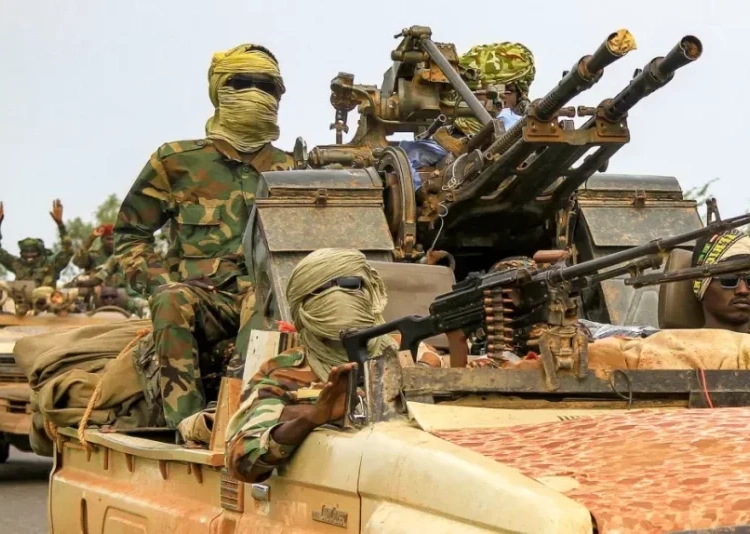The United Nations Security Council (UNSC) has adopted a resolution demanding an immediate cessation of hostilities in Sudan. The resolution, known as 2724, was adopted with an overwhelming majority, signaling the international community’s grave concern over the ongoing conflict that has led to a severe humanitarian crisis.
The UNSC’s resolution comes at a critical time, coinciding with the commencement of Ramadan, a period traditionally marked by fasting, prayer, and reflection. The resolution’s timing underscores the urgency of peace and stability in the region, especially during a month that holds significant spiritual importance for the Muslim community.
Resolution 2724, which received 14 votes in favor with Russia abstaining, calls for all parties involved in the Sudanese conflict to engage in dialogue and seek a sustainable resolution. The conflict, which began last April between the Sudanese Armed Forces (SAF) and the paramilitary Rapid Support Forces (RSF), has since escalated, resulting in thousands of deaths, displacement of millions, and a deepening humanitarian crisis.
The UNSC has expressed deep concern over the deteriorating conditions in Sudan, particularly highlighting the acute food insecurity reaching crisis levels in the Darfur region. Reports of violations of international humanitarian and human rights laws, including sexual violence in conflict, have added to the urgency of the situation.
The resolution implores all parties to remove any obstacles to humanitarian aid, ensuring full, rapid, and safe access to those in need. It emphasizes the protection of civilians and civilian objects, aligning with the commitments outlined in the Jeddah Declaration to protect the people of Sudan.
In a supportive move, the UNSC encourages Ramtane Lamamra, the Secretary-General’s Personal Envoy, to leverage his influence with the conflicting parties and neighboring countries to bolster regional peace efforts.
Additionally, the UNSC has renewed the mandate of the 1591 Sudan Sanctions Committee’s panel of experts for another year. This panel plays a crucial role in monitoring the implementation of sanctions, including an arms embargo, travel ban, and asset freeze, aimed at curtailing the activities of armed groups and individuals contributing to the conflict.
Despite the UN’s appeal for peace, a top Sudanese general has reportedly dismissed the possibility of a truce during Ramadan unless the RSF vacates civilian and public sites. This stance reflects the deep-seated tensions and complexities of the conflict, which has its roots in a power struggle and the disrupted transition to civilian rule following the ousting of Omar al-Bashir in 2019.
The UN’s report paints a grim picture of the situation in Sudan, with nearly half the population requiring aid, millions displaced, and hunger on the rise.


